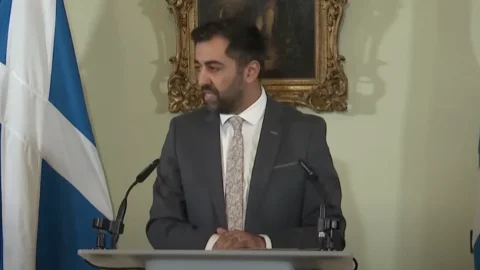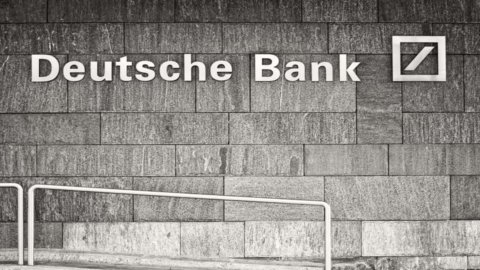As indicated by atradius, in Russia the stability of internal politics is not in question, just think that President Putin's popularity is on the rise after the outbreak of the Ukrainian crisis and the annexation of Crimea, with approval ratings exceeding 85%. Nationalistic sentiment has increased, supported by aggressive propaganda through the state-controlled media. Playing the nationalistic card, particularly towards EU and US partners, appears to be the key to achieve a certain level of long-term internal consensus, especially in the moment when the sanctions imposed begin to have a real impact on the economy and income.
The annexation of Crimea in March and its tacit support of separatist forces in eastern Ukraine triggered the first round of sanctions by the EU and the US, mostly in the form of a freezing of assets and restrictions on the free movement of people, goods and services. As the civil conflict in Ukraine intensified between March and July, more individuals and organizations were added to the sanctions list. In particular, after the shooting down of a Malaysian Airlines plane over Ukrainian territory, the response of the EU and the USA was the imposition of even more severe sanctions. These consist of limitations on long-term financing, as well as limited access to EU countries as well as major capital markets, export restrictions on some Russian products, including dual-use technologies and high-tech equipment for the oil industry. Such measures are expected to have a very significant impact on the Russian economy in the long runnegatively affecting the refinancing capacity of national banks and large companies.
In early August, Russia announced its turn retaliation against the import of food and agricultural products from the EU, USA, Australia, Canada and Norway. Further escalation in Ukraine, accompanied by growing evidence of tacit support for separatists with regular troops, has led to another round of EU sanctions, effective since 12 September. These measures include the exclusion of Russian state banks from loans and exchanges of shares and bonds with maturities exceeding 30 days. At three national enterprises and three oil companies (including Rosneft and Gazprom) was prevented from accessing capital in the EU market. Furthermore, limits have been placed on European aid for the exploration of energy resources on Russian soil and subsequent production, measures that have also been extended to the sale of civilian equipment and electronics with military implications.





